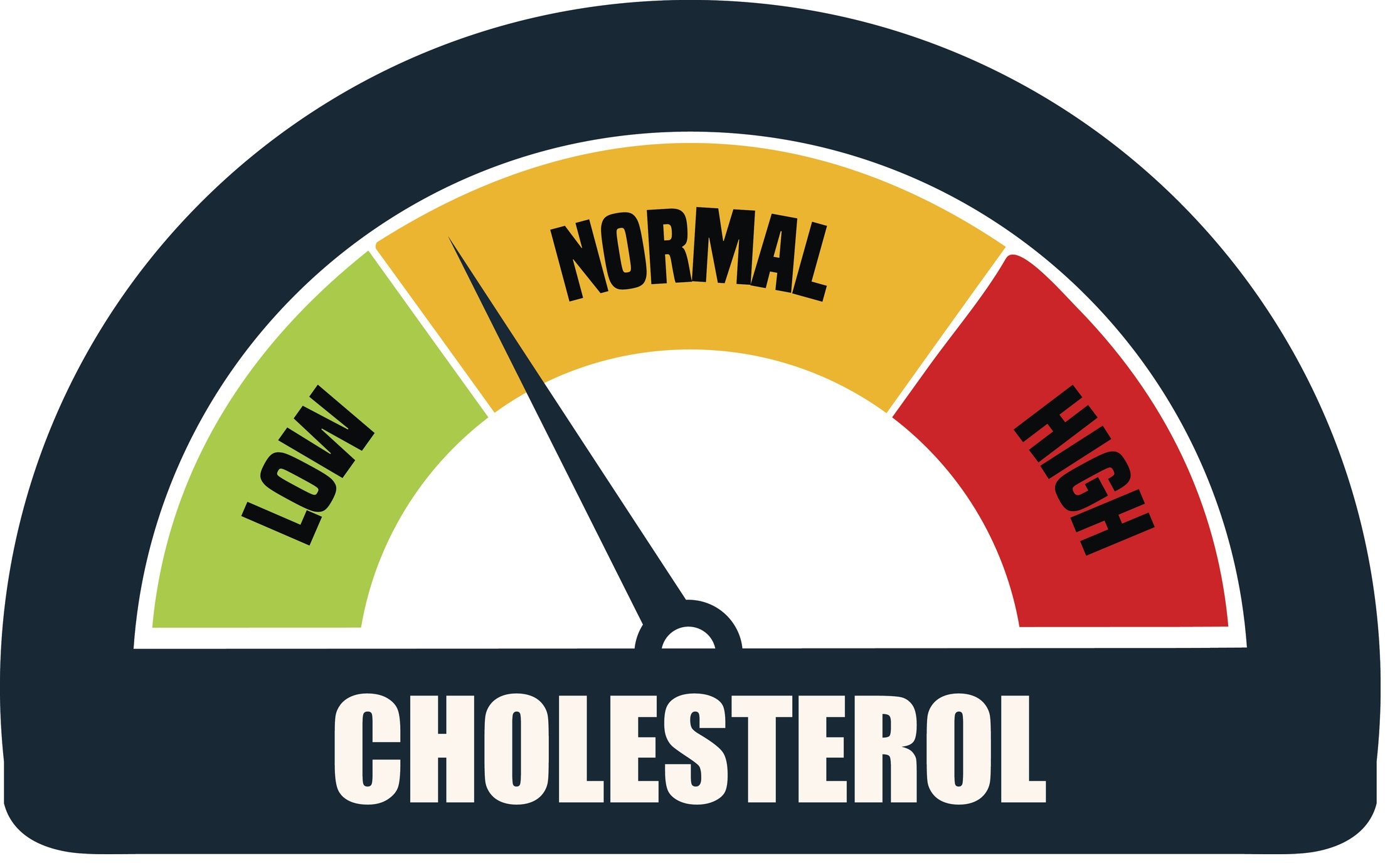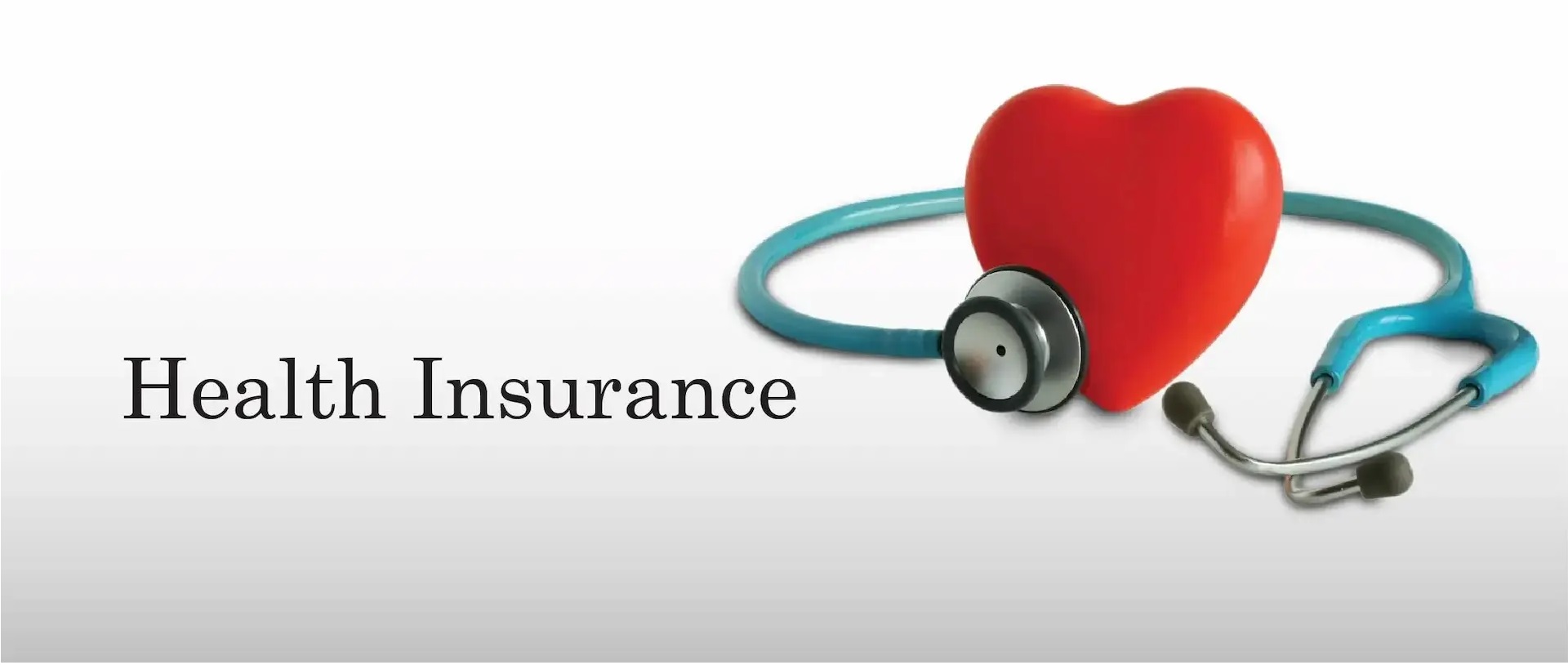If you’ve been hearing that cholesterol levels on the rise lately, you’re not alone—and it’s true. Across the world, more people are being diagnosed with high cholesterol than ever before. Doctors warn that this silent health issue is becoming a growing concern, even among younger adults. The good news? You can take simple, everyday steps to manage it before it turns serious. Let’s break down what’s really happening, why cholesterol levels on the rise, and what you can do to protect your heart health.
What Exactly Is Cholesterol?
Cholesterol is a waxy, fat-like substance found in your blood. It helps your body build cells and produce hormones, which means it’s not all bad. However, when there’s too much of it—especially the “bad” LDL cholesterol—it starts to clog your arteries, increasing the risk of heart disease and stroke.
There are two main types:
- LDL (Low-Density Lipoprotein): Known as “bad cholesterol,” it builds up in the walls of your arteries.
- HDL (High-Density Lipoprotein): The “good cholesterol” that helps remove excess LDL from your body.
A balance between the two is key. Unfortunately, that balance is shifting in the wrong direction for many people.
Why Are Cholesterol Levels on the Rise?
Experts point to several lifestyle and dietary changes behind this growing trend. Over the past decade, people have been eating more processed foods, leading more sedentary lives, and dealing with higher stress levels—all of which can increase cholesterol.
- Unhealthy Eating Habits: Fast food, fried snacks, sugary drinks, and packaged foods are now a daily part of many diets. These are often high in trans fats and refined sugars that spike bad cholesterol.
- Lack of Physical Activity: With more screen time and less movement, people are burning fewer calories, allowing fat and cholesterol to build up.
- Obesity and Stress: Rising obesity rates and constant stress can cause hormonal changes that push cholesterol levels higher.
- Genetics and Age: Some people are genetically predisposed to high cholesterol. As we age, our body’s ability to regulate cholesterol naturally decreases.
In short, cholesterol levels on the rise because our modern lifestyle encourages the exact opposite of what keeps our hearts healthy.
Who Is Most at Risk?
It’s not just older adults anymore. Doctors are seeing cholesterol levels on the rise among younger people in their 20s and 30s, mainly due to diet and inactivity. Those with a family history of high cholesterol, diabetes, or heart disease should be especially careful. People who smoke or drink heavily are also at higher risk.
Symptoms You Might Miss
Here’s the tricky part: high cholesterol usually has no visible symptoms. Most people don’t know they have it until they go for a routine blood test or face a more serious condition like chest pain or a heart attack. That’s why regular health check-ups are crucial. Even if you feel fine, it’s important to get your cholesterol checked every year or as advised by your doctor.
How to Manage and Lower High Cholesterol
If cholesterol levels on the rise, there’s still plenty you can do to bring them down naturally and safely.
1. Eat Heart-Healthy Foods
Include more fruits, vegetables, whole grains, nuts, and fatty fish like salmon. Cut down on red meat, butter, follow some good herbal drinks and fried foods.
2. Exercise Regularly
Aim for at least 30 minutes of moderate activity like walking, cycling, or swimming most days of the week. Exercise boosts “good” HDL cholesterol while lowering LDL.
3. Quit Smoking and Limit Alcohol
Both habits increase bad cholesterol and damage your arteries. Quitting smoking immediately improves heart health.
4. Maintain a Healthy Weight
Even small weight loss can make a big difference. Shedding 5–10% of your body weight can help lower cholesterol significantly.
5. Regular Health Check-Ups
A simple blood test can tell you your cholesterol numbers. If your doctor prescribes medication, take it as directed and don’t skip doses.
The Bigger Picture
When cholesterol levels on the rise, it’s not just about numbers—it’s about your overall lifestyle. This issue reflects broader changes in how we eat, move, and handle stress. Awareness is the first step toward prevention. You don’t need to give up all your favorite foods or spend hours in the gym; small, consistent changes are enough to make a big difference.
Final Words
The reality is clear: cholesterol levels on the rise across all age groups, and it’s a wake-up call for everyone. But this isn’t a reason to panic—it’s a reason to act. By eating smarter, moving more, and getting regular check-ups, you can take control of your health and prevent serious heart issues later.
Remember, your heart doesn’t give loud warnings—it needs quiet care every day. So, take this as your gentle reminder: when cholesterol levels on the rise, your awareness and action can keep your heart strong for years to come.
Struggling With Stress? Try These 5 Powerful Ayurvedic Mental Health Tips Today!



